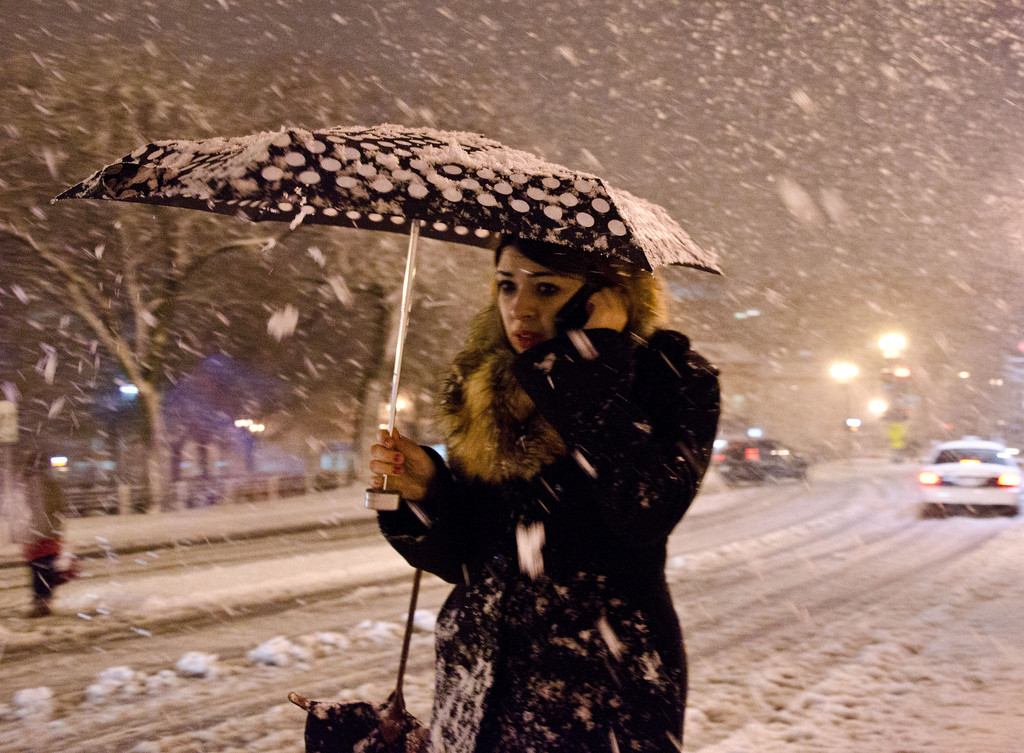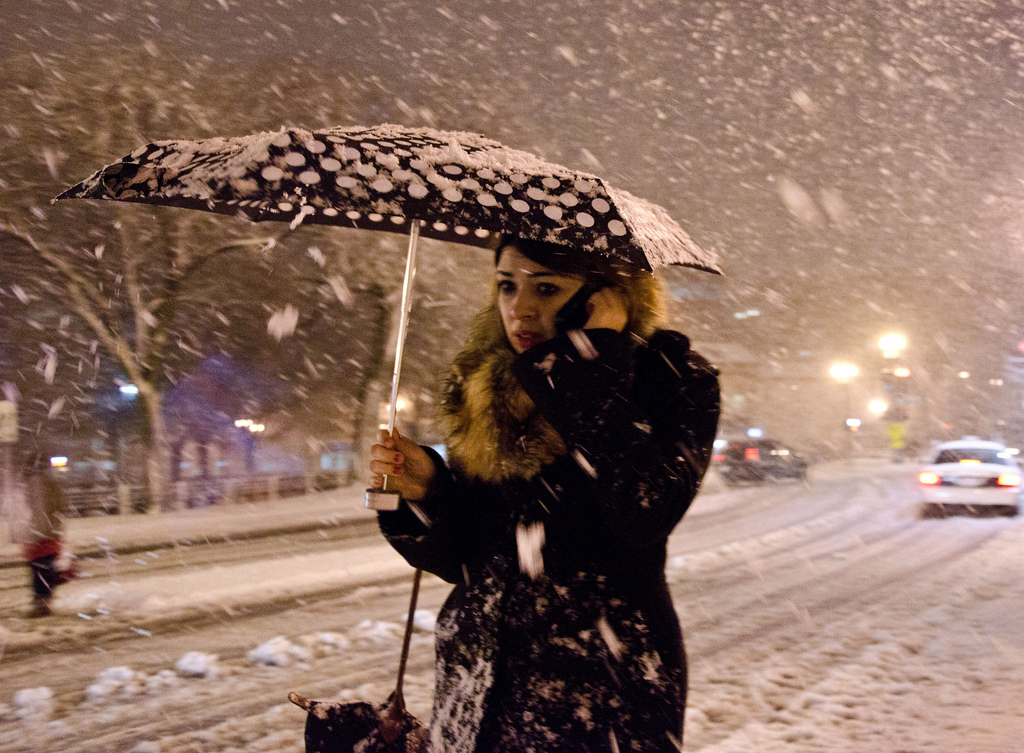>> If you’re a parent, chances are you see snow days as a personal attack on your sanity, your livelihood, and, yes, your very way of life. But while snow days are frustrating for many, they are devastating for a few. While I’m grumping on Facebook about running out of options on Netflix, some North Carolina families are facing true hardships.
If you’re a parent, chances are you see snow days as a personal attack on your sanity, your livelihood, and, yes, your very way of life. But while snow days are frustrating for many, they are devastating for a few. While I’m grumping on Facebook about running out of options on Netflix, some North Carolina families are facing true hardships.
So who pays the price when we’re trapped under a sheet of ice?
- Hungry kids. Tens of thousands of North Carolina children only get to eat thanks to free lunch and breakfast programs at their schools. Backpack buddy programs supplement this by sending home packages of shelf-stable food and fruits for weekends and days off of school. But these programs often can’t anticipate foul weather that keeps kids out of school. This leaves children trapped in houses with little to eat until school gets back in session.
- Low wage workers. When the roads close down and storefronts shutter, blue- and pink-collar employees often lose pay. Hourly employees are not likely to have paid time off or any ability to work at home, so long stretches of winter weather can be devastating on household budgets. Because of the lack of time-off pay, retail workers often feel pressured to drive on dangerous streets so that they don’t lose their pay or even their jobs.
- School system employees. Bus drivers, crossing guards, and other part-time school employees >>don’t get paid time off or flex time . When snow and ice days hit, the folks who we charge with caring for our kids take a hit as well. Often they can get back the extra pay later in the year during a make-up day, but for someone living paycheck to paycheck, the loss of a single day’s work can be devastating.
- Jobless workers. Snow days cost a lot — in terms of missing wages, lost retail income, and clean-up. Last year’s week-long east coast January snowfall was estimated to >>cost $47 billion in lost productivity. This equals nearly 100,000 jobs lost or not filled during winter 2015. The last thing those in search of employment need is fewer jobs to choose from. In rural North Carolina, where jobs are already in short supply, workers face losing Food Stamp benefits if they don’t find employment within three months. During a long stretch of cold winter, those jobs can be nearly impossible to find.
- Taxpayers. Snow plows, brine, sand, and emergency services don’t come cheap. One day of sleet in North Carolina in 2010 >>cost $4.5 million to clean up. Individual towns and cities bear the brunt of these expenses, and often do not budget for major snow events that end up closing streets for days or weeks. Last year’s winter storm >>cost New York City $120 million to clean up — twice the amount the city budgeted for the entire winter’s worth of storm management.
When you are stuck inside, >>listening to Let it Go for than 1,000,023 time, it’s difficult to remember that a stocked pantry, warm blankets, and loud children are actually a privilege. Who else did we forget to mention who bears the brunt of winter storms? You are stuck inside anyway, so why not comment?

As a recent graduate of a high school in rural NC, I have NEVER heard of, or seen a backpack buddy program. Many, if not majority of the kids I went to school with got free lunch, so how would I have missed such a program?
Hi, K! I don’t know if there are these programs in every school, but at ours it is very very subtle. The kids’ teachers slip bags of food into the kids backpacks so that it’s not obvious which kids are being sent home with supplies. The organization who does this in my community is called TABLE.